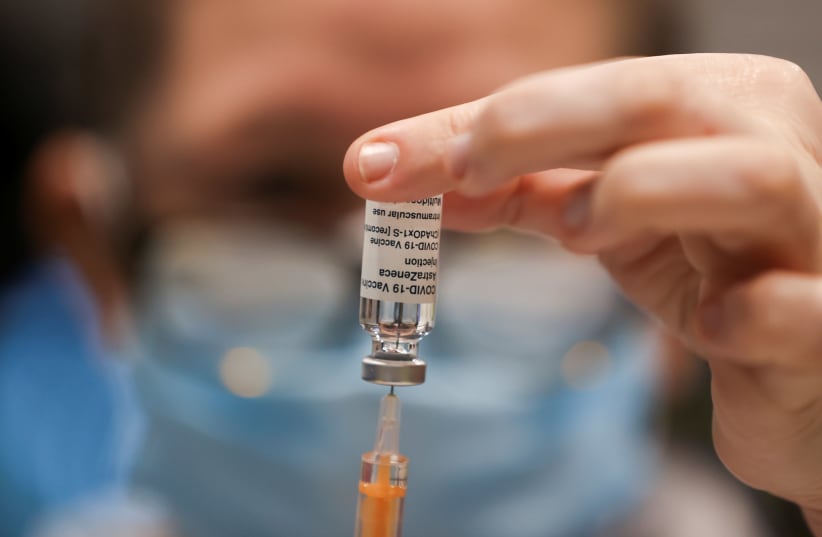Two recent studies have achieved impressive results in reducing viral load – the amount of the virus in the bodies of COVID-19 patients. The BLAZE-4 study combined the antibodies bamlanivimab 700mg and sotrovimab (aka VIR-7831) to achieve a confirmed reduction of 70% after 7 days of treatment. The same VIR-7831 antibody in a different study, COMET-ICE, results in almost 85% reduction in the progression to hospitalization or death.
These studies lay the foundation for the clinical development of this combination of monoclonal antibodies. Undoubtedly, this is a breakthrough in the fight against the disease. This promising teaming up of antibodies will become a reality for patients by the first half of 2021. Until then, we are working with the regulatory authorities in the US, Spain and other countries to determine how to make VIR-7831 available to COVID-19 patients as quickly as possible.
What makes VIR-7831 effective is its dual mechanism of action which blocks the virus from entering healthy cells and kills infected cells. These key distinguishing features give this monoclonal antibody great potential in preventing the most serious consequences of COVID-19 and possibly in protecting against currently circulating strains of the virus.
VIR-7831 was cloned from the cells of a convalescent patient who survived acute respiratory syndrome caused by SARS-COV-1 and whose cells can neutralize the current SARS-COV-2. VIR-7831 attaches to an area of the spike protein which is not subject to mutations and works against coronavirus variants that are emerging so far.
The dual action mechanism of VIR-7831 gives it great potential as a monotherapy, with programs for it ongoing in centers around the world, but the scientists are also exploring dual therapies – combinations of VIR-7831 with other “mabs” (monoclonal antibodies – antibodies cloned from unique white blood cells).
While vaccines are the most effective long-term solution for the pandemic, helping prevent and protect from further spread, we must not forget the patients currently suffering from the severe symptoms of the disease. To save lives, reduce hospitalization and alleviate the suffering of these patients, effective therapeutic options need to be developed in tandem with the vaccines.
Vaccines induce immunity, while antibodies provide immunity – that is, they do not depend on the person to generate their own immune response. That is their key advantage which should make them a complementary form of treatment to be deployed alongside vaccines. They could save much suffering and innumerable lives on the front lines of the global battle against the pandemic.
Arturo Lopez Gil, a specialist in Clinical Pharmacology from the University of Salamanca and Vice President and Medical Director of GlaxoSmithKline for Spain, Portugal and Israel.
